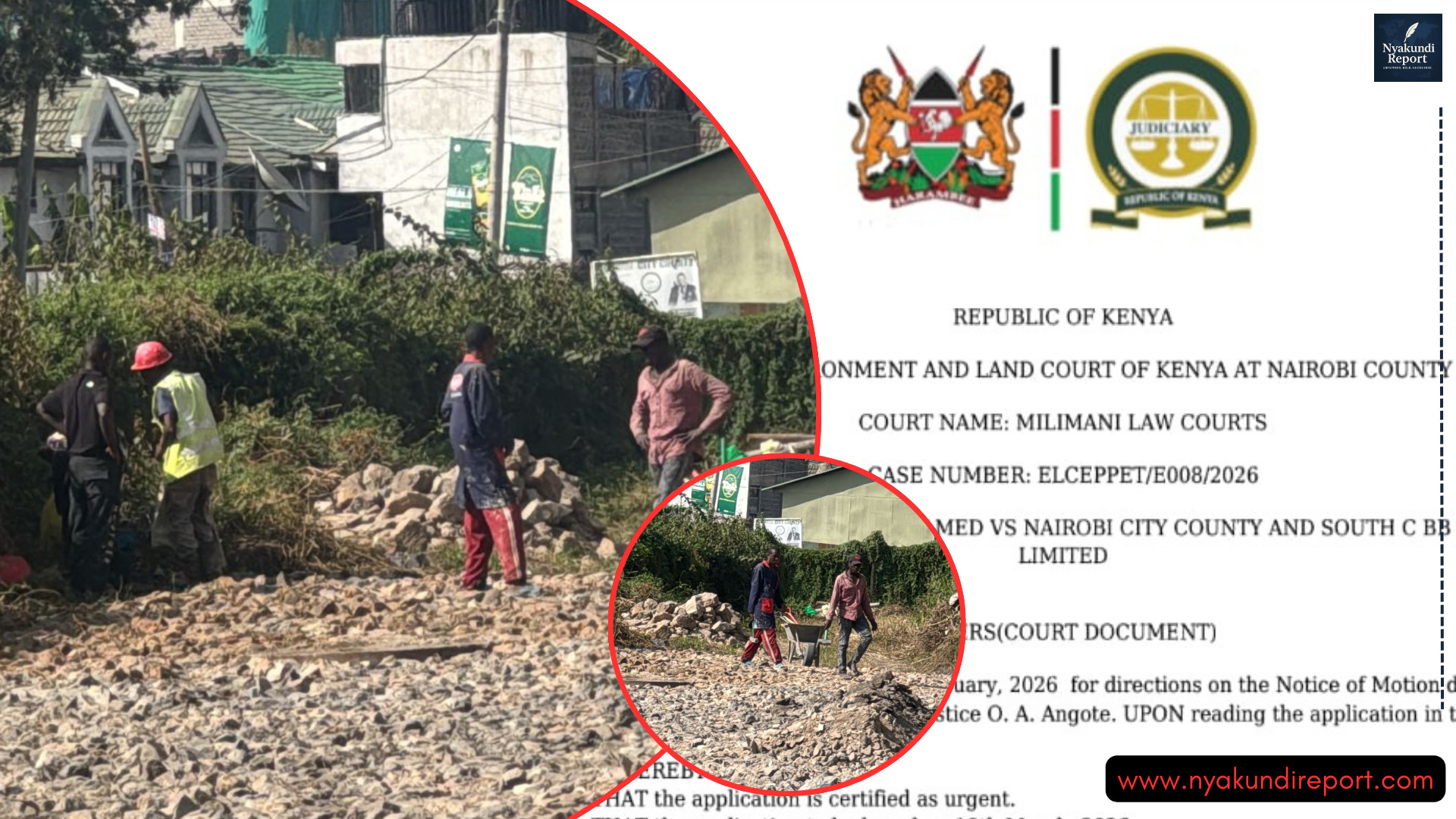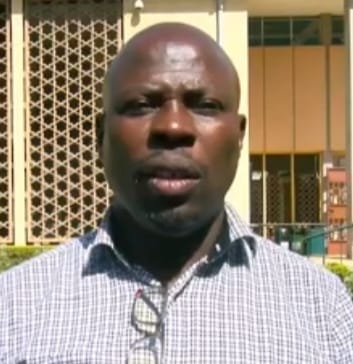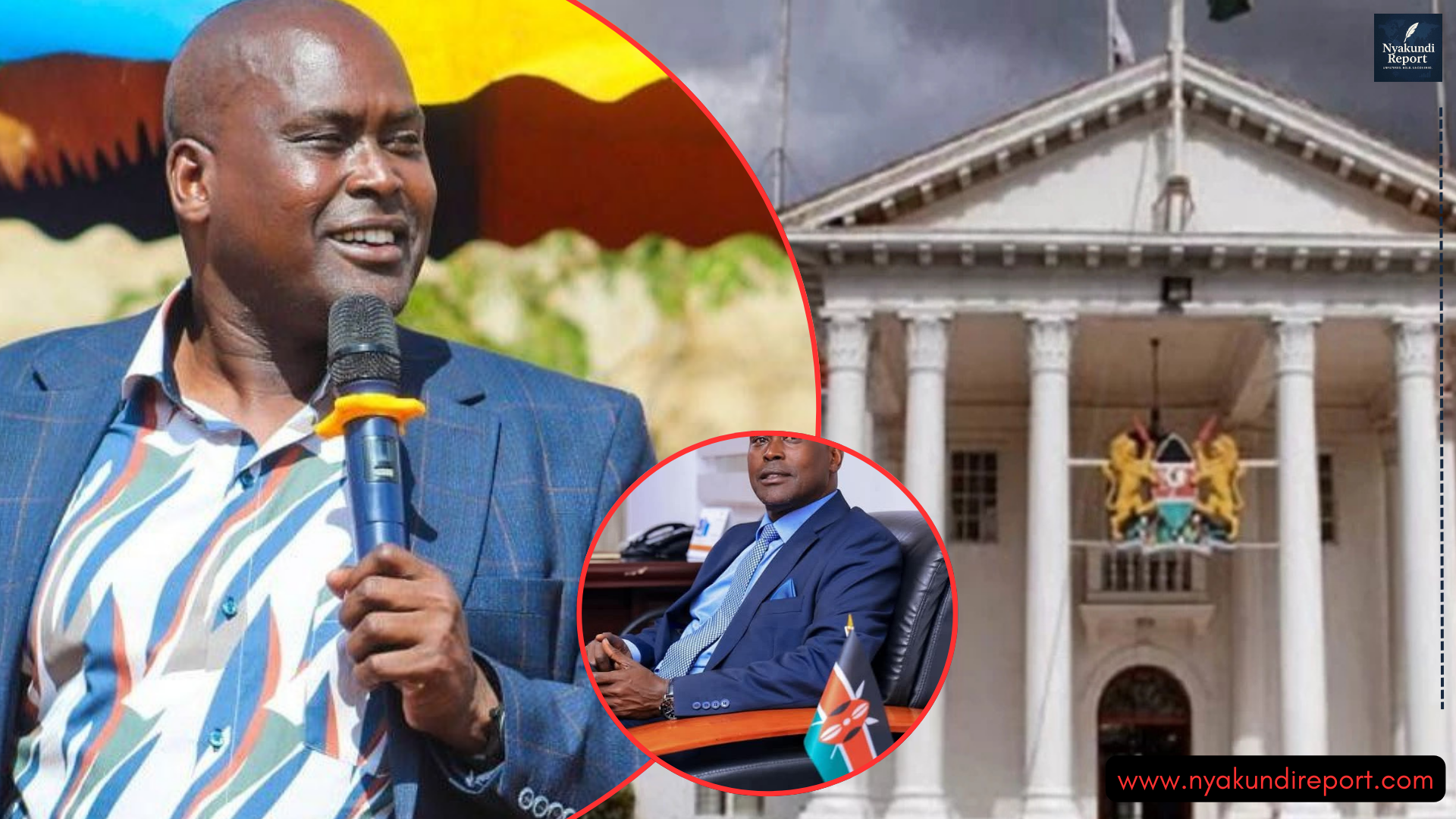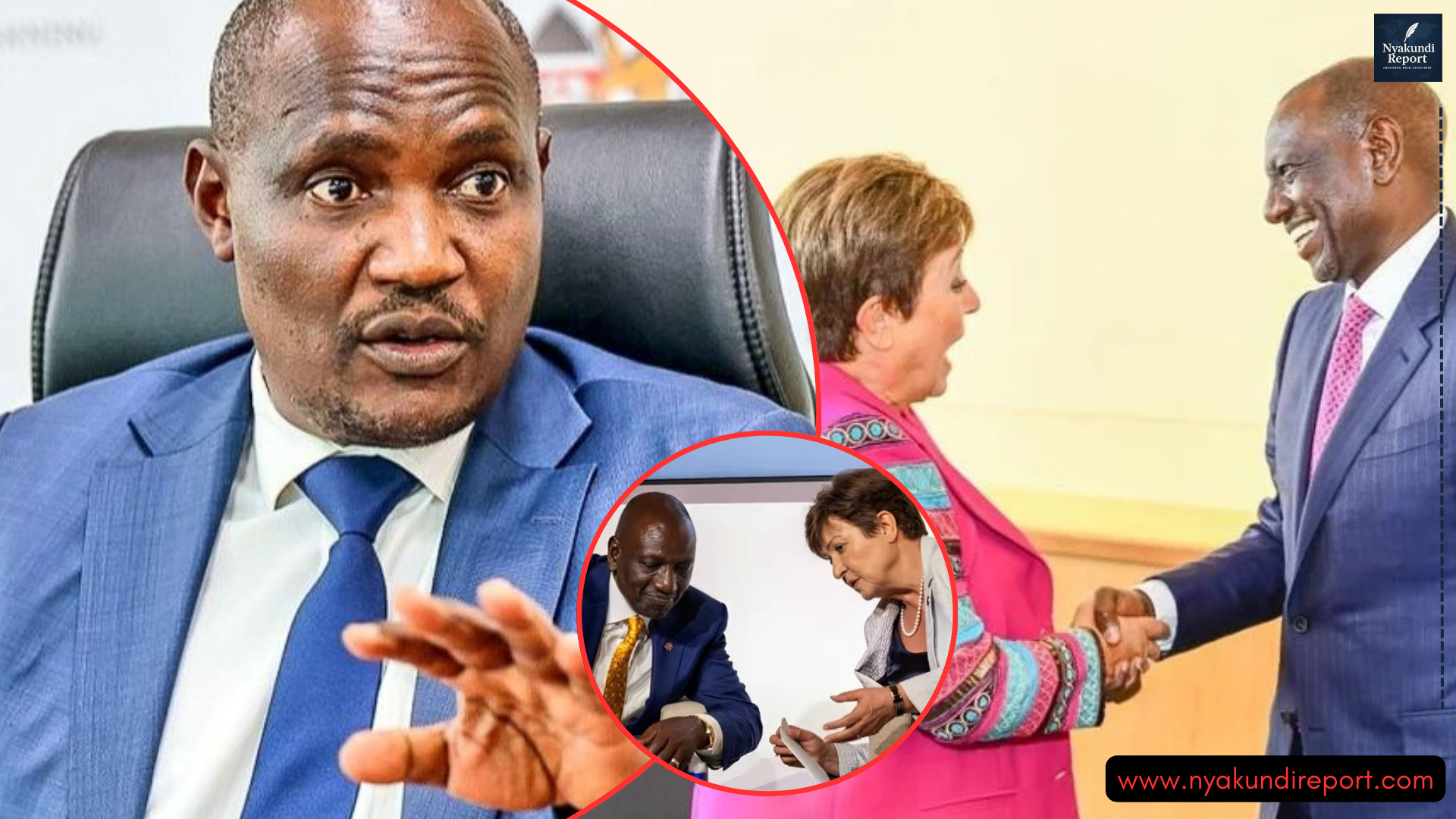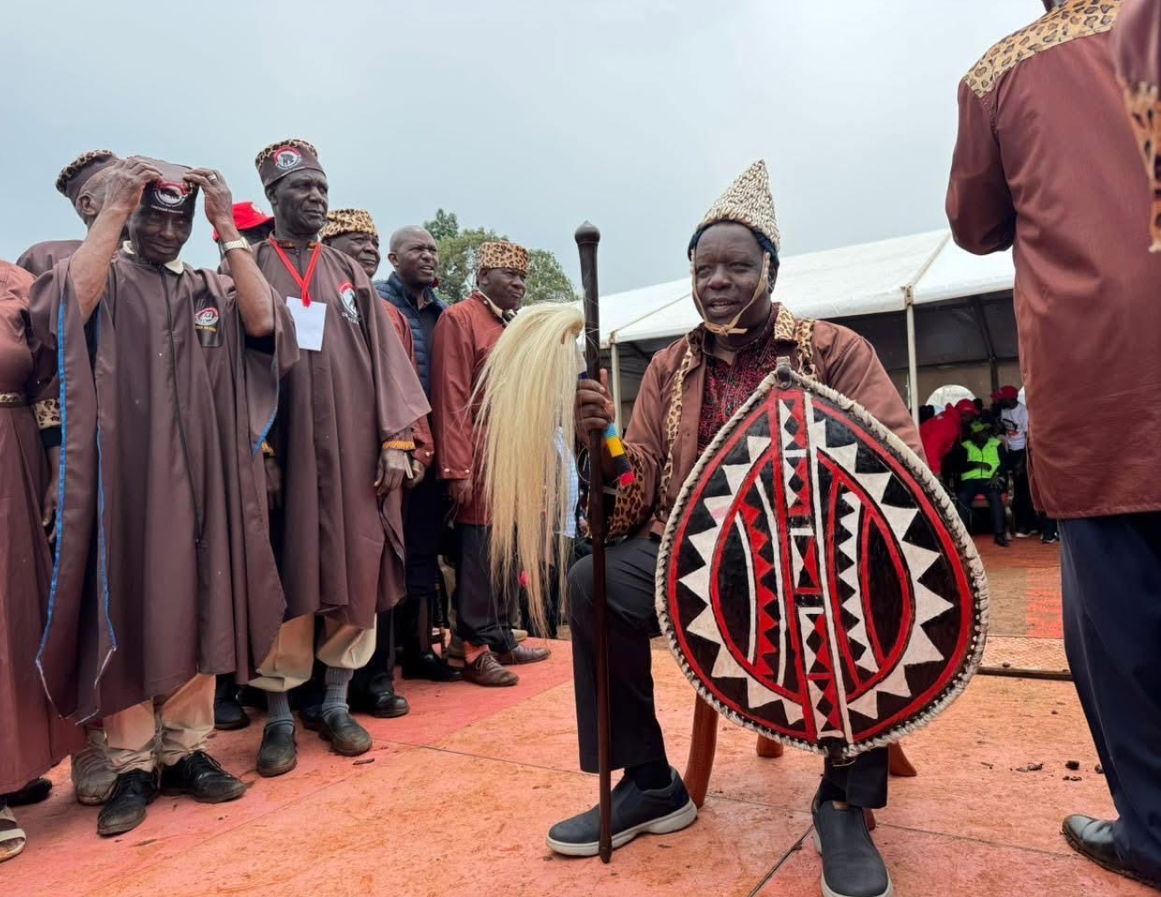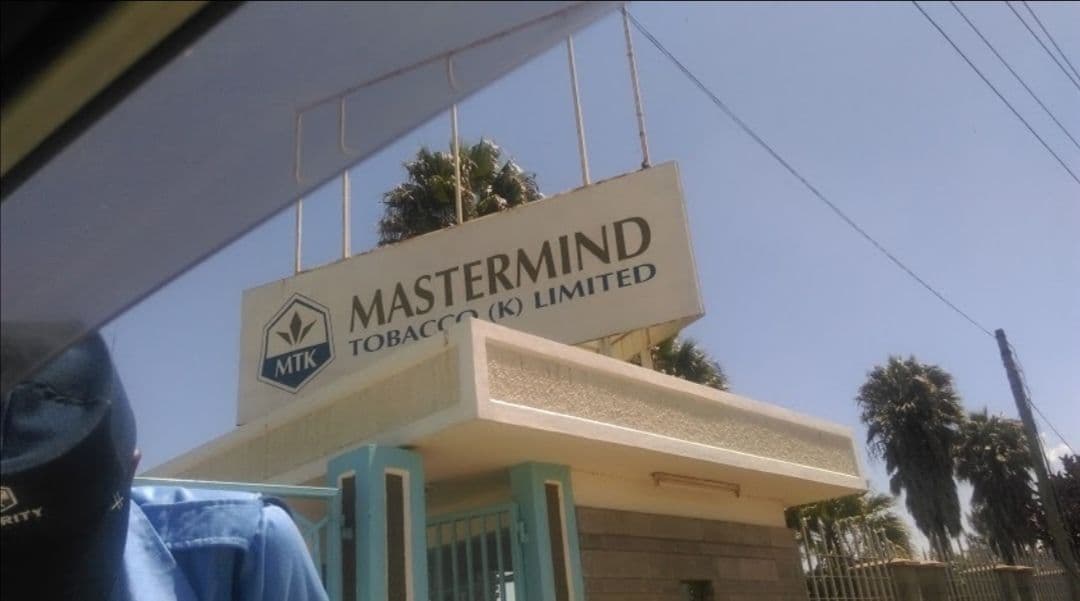Every day, three private firms pocket more than Ksh3 million from Kenya’s eCitizen platform. Immigration Principal Secretary Belio Kipsang has lifted the lid on the controversial payments, saying the companies make Ksh1.1 billion every year for maintaining the system.
His revelation comes amid a heated debate over the legality of the Ksh50 convenience fee charged on every transaction. Critics argue that billions of shillings have been irregularly collected from Kenyans under an arrangement shrouded in secrecy and weak oversight.
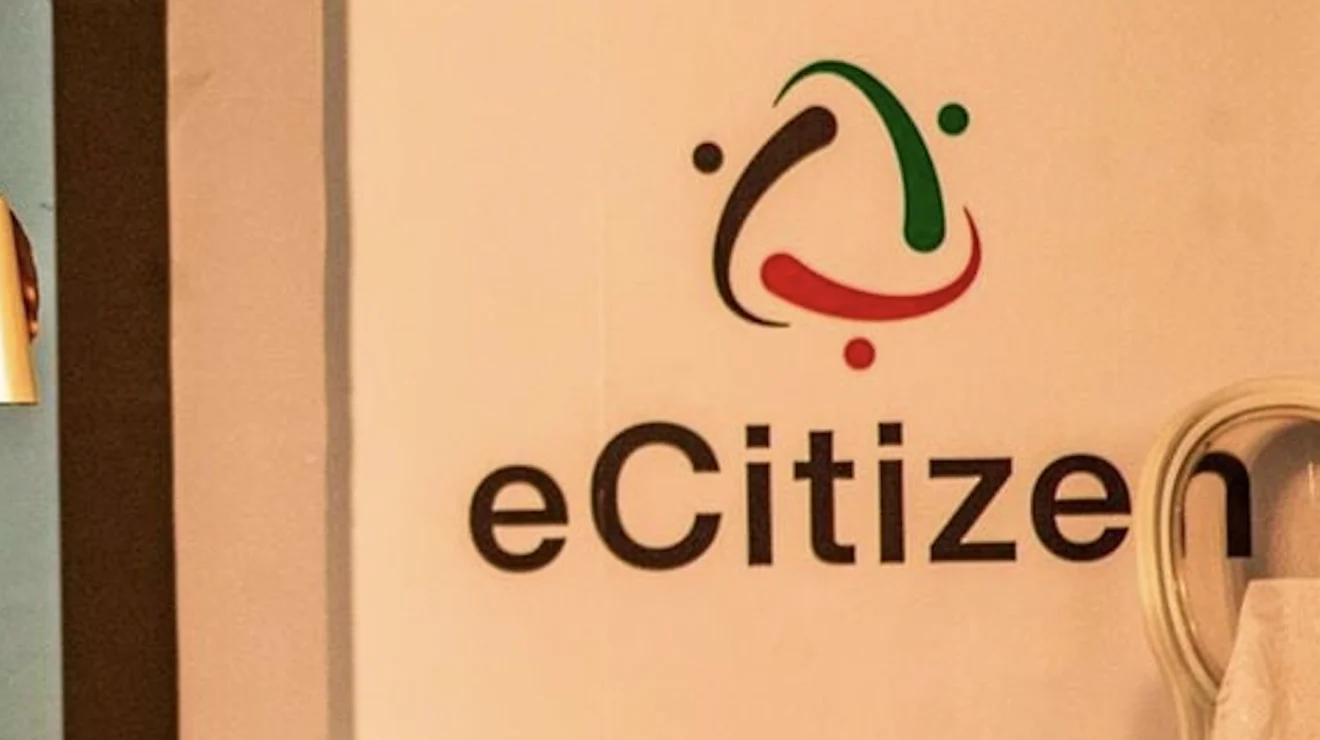
eCitizen Scandal Exposes Hidden Billions in Daily Payments
Speaking during an interview on NTV, Kipsang defended the deal, saying it is necessary to keep the system running smoothly.
According to him, the three firms perform distinct roles. One manages the platform’s technical side. Another controls the payment gateway. The third handles SMS feedback.
“They get between Ksh115 and Ksh120 million every month for their work. This comes to about Ksh1.1 billion annually,” Kipsang disclosed.
But his statement only deepened the controversy. The Ksh50 convenience fee remains at the centre of audit investigations. Kenyans are already paying service fees for most government services. Yet they continue to be forced into paying the additional charge, which many experts insist was imposed unlawfully.
A special report released in March revealed that citizens had been irregularly charged over Ksh2.1 billion since the fee was introduced. The report linked the charges to a violation of Gazette Notice No. 9290/2014, which never authorized such a levy.
The scandal does not stop there. Between December 2023 and June 2024 alone, the additional fee on the first collection gateway led to overcharges exceeding Ksh30 million.
Billions Collected but Little Accountability
Government data shows that eCitizen processes more than Ksh250 billion annually. That translates to between Ksh750 million and Ksh1 billion daily flowing through the portal into the Treasury’s account.
While this paints a picture of a powerful digital system, the Auditor-General’s March report painted another one—shocking gaps in accountability.
According to the report, the National Treasury had failed to sign Service Level Agreements with financial service providers responsible for collecting and remitting money.
This means billions in public funds could be sitting in private accounts without proper oversight. The audit confirmed that at least Ksh7.05 billion remains held in collection and settlement accounts without clear accountability.
Auditor General Nancy Gathungu warned that such funds might be used by providers for their own benefit, delaying or undermining service delivery to government departments.
“This lack of formal agreements compromises accountability and poses a risk to effective public service delivery,” she cautioned.
Legal and Political Storm Brewing
Kipsang tried to calm concerns by stressing that the firms running eCitizen were contracted through open and competitive procurement.
“It is not like we woke up one day and chose these firms,” he said. But critics argue that the procurement process has failed to address the larger issue—the unlawful Ksh50 charge and the billions siphoned from Kenyans without legal authority.
ODM leader Raila Odinga, who recently visited Nyayo House with Kipsang, has already demanded accountability, warning that Kenyans are being fleeced through a hidden tax.
Legal experts point out that the convenience fee contradicts the principle of fair taxation, since it was not anchored in any official law or Gazette notice.
Meanwhile, pressure is mounting on the Treasury to sign proper agreements with service providers and to explain why billions remain outside the reach of oversight bodies.
For ordinary Kenyans, the scandal reinforces what they have long suspected—that the promise of efficient digital services has been twisted into a profit machine for a few private firms.
With over Ksh3 million pocketed daily, more than Ksh2.1 billion collected illegally, and billions left in limbo, the eCitizen scandal raises the question—who really benefits from Kenya’s flagship digital system?


